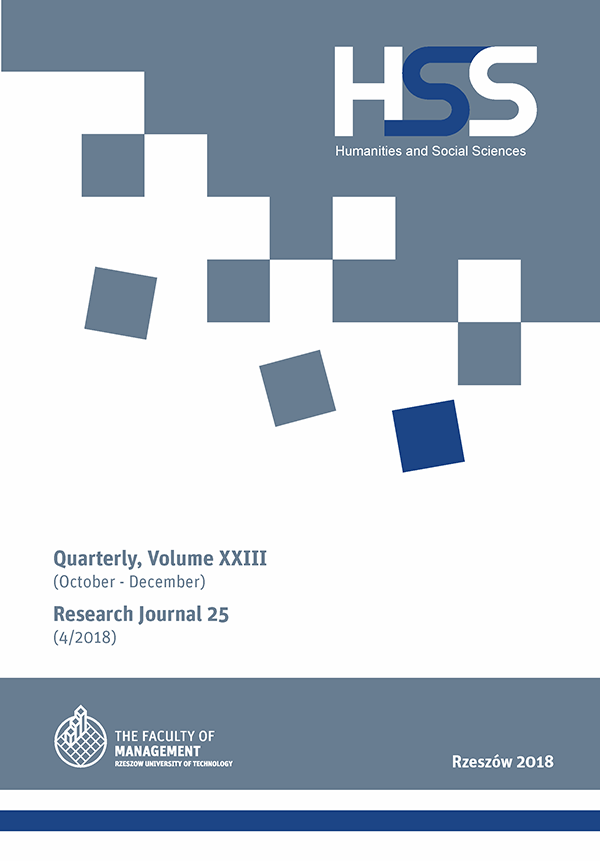Abstrakt
The conditional element of the price included in the performance-bonus contract is a frequent component of contracts concluded with customers in some sectors. It is a deferred component of the price, which may never (in whole or in part) become a consideration due. Due to lack of unambiguous provisions in this respect in Polish domestic law and the entry into force of IFRS 15, the author raises the issue of accounting for such defined revenues. The aim is to analyze the provisions of IFRS 15 in the scope of a delivery contract with a performance bonus against the background of the provisions of the Polish Accounting Act. The verified thesis assumes that, although both regulations are consistent with the theoretical foundations of accounting, each of them differently recognizes the above-mentioned revenues. The goal was achieved by analyzing the regulations of IFRS 15, Polish Accounting norms and the presentation of a case study. The results confirmed a different recognition of revenues based on two analyzed legal regulations and indicated a large role of estimates in terms of revenue disclosures under IFRS 15.
Bibliografia
Exposure Draft, Conceptual Framework for Financial Reporting, International Accounting Standard Board, London 2015.
Antle R., Demski J.S., Revenue recognition, „Contemporary Accounting Research” 1989, 5.
Basis for Conclusions. Exposure Draft ED/2015/3. Conceptual Framework for Financial Reporting, International Accounting Standard Board, London 2015.
Bullen H.G., Crook K., Revisiting the Concepts. A New Conceptual Framework Project, Communication Paper, Financial Accounting Standards Board & International Accounting Standards Board, May 2005.
Conceptual Framework for Financial Reporting 2010, International Accounting Standards Board, 09’2010.
Holmes K., The concept of income. A multi-disciplinary analysis, Doctoral Series. IBFD Publications BV, Amsterdam, 2001.
Horngren Ch.T., How should we interpret the realization concept?, „The Accounting Review” 1965, 40.
International Financial Reporting Standard No. 15 Revenues From Contracts With Customers, International Accounting Standard Board, London 2014.
International Accounting Standard No. 18 Revenues, International Accounting Standard Board, London 1993.
International Accounting Standard No. 37 „Provisions, Contingent Liabilities and Contingent Assets, International Accounting Standard Board, London 1998.
Radwański Z., Prawo cywilne – część ogólna, C.H. Beck Publisher, Warszawa 2009.
Radwański Z., Olejniczak A., Zobowiązania – część ogólna, C.H. Beck, Warszawa 2010.
The new revenue recognition standard – brokers and dealers in securities. Technical Line, FASB – final guidance. Ernst & Young, 2014.
Toshio I., Significance of realization principle in accounting, „The Annals of the Hitotsubashi Academy” 1959, 9.
Mourik van C., Katsuo Y., Articulation, profit or loss and OCI in the IASB Conceptual Framework: different shades of clean (or dirty) surplus, Paper for the IASR Research Forum, Brussel, 28.11.2017.
LEGAL ACTS
Ustawa z 23 kwietnia 1964 r. – Kodeks cywilny (tekst jedn. Dz.U. z 2017 r, poz. 459 ze zm.)
Ustawa z 29 września 1994 roku o rachunkowości (tekst jedn. Dz.U. z 2017 r., poz. 2342 ze zm.)

